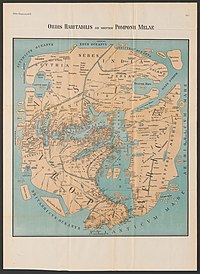PaintMyHouse
Diamond Member
- Banned
- #401
More often than not...Wow, another antisemetic canard: "The Joooos are to blame for people hating them"No, I don't hate Jews - but I do find them extremely nauseating. I get tired of their whiny victim attitude. I also don't like thieves.
And we get tired of hearing you say we run the world.
We KNOW we run the world; you don't have to keep telling us.
I never said that. I don't do any business with Jews.
You don't have to.
We still run the world.
You people should have been nicer to Adolf and tried to get along with him. You obviously really pissed him off.








